As Water Scarcity Increases, Desalination Plants Are on the Rise
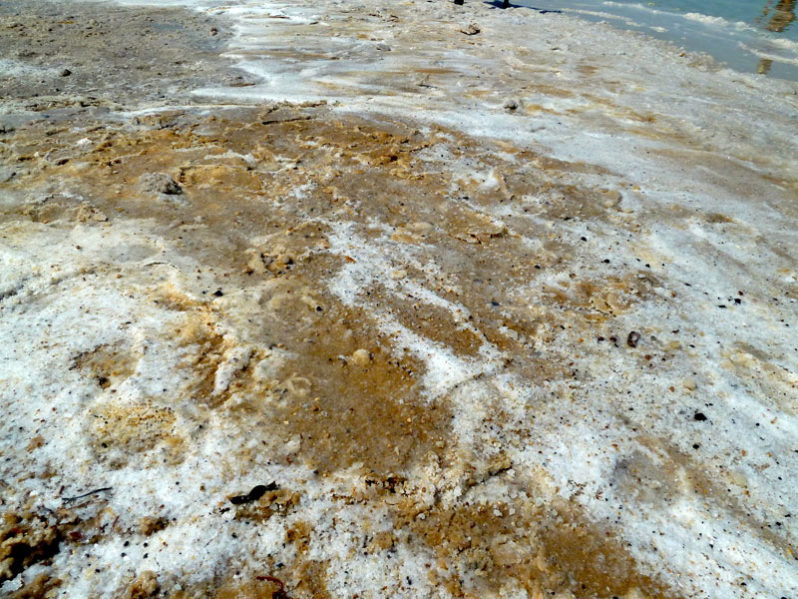
After decades of slow progress, desalination is increasingly being used to provide drinking water around the globe. Costs for processing salt water for drinking water have dropped, but it remains an expensive option and one that creates environmental problems that must be addressed.
Near-record ‘dead zone’ predicted in Gulf of Mexico

Scientists are predicting a near-record Gulf of Mexico “dead zone” where the water holds too little oxygen to sustain marine life.
Scientists start the clock on human impact
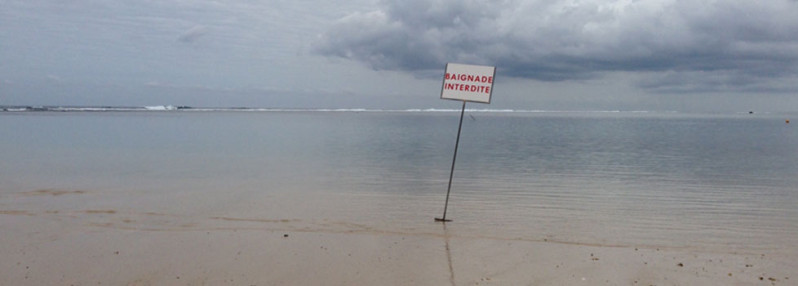
Though it’s clear we’re currently living in it, scientists have long debated when the Anthropocene, the epoch of human dominance over the planet, first began. The Anthropocene Working Group (AWG), a panel of scientists, recently voted to official recognize the epoch and suggested starting it in the middle of the 20th century
Mass die-off of puffins recorded in the Bering Sea
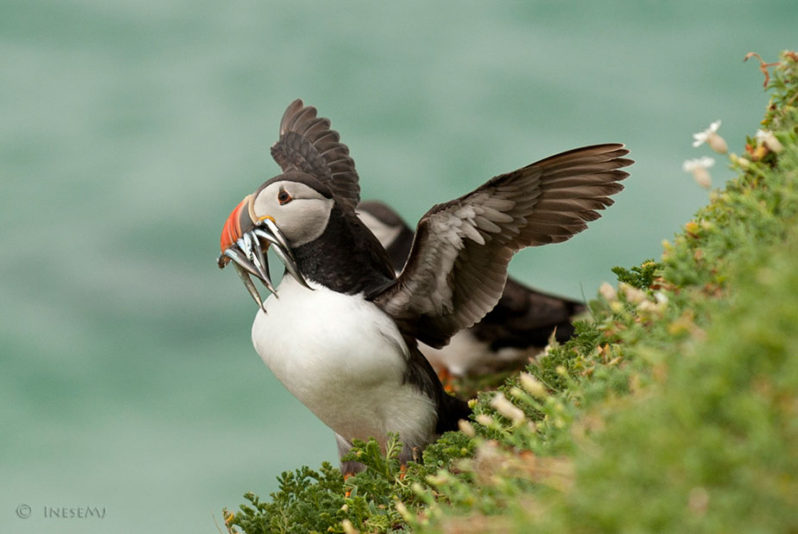
A mass die-off of seabirds in the Bering Sea may be partially attributable to climate change, according to a new study.
Puerto Rico Adopts New Climate Law, With Goal of 100 Percent Renewable Energy By 2050
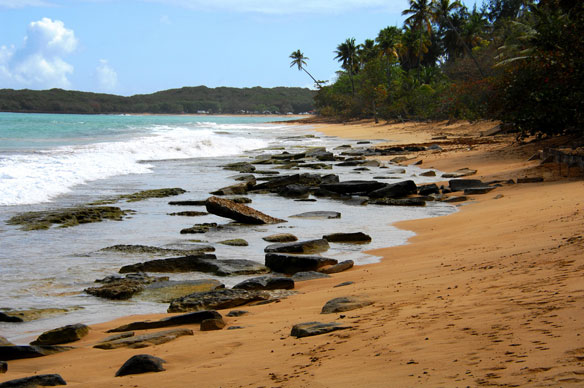
Puerto Rico Governor Ricardo Rosselló signed into law a new climate change initiative that calls for the island to reduce its carbon emissions 50 percent in the next five years and transition to 100 percent renewable energy by 2050.
Most parents want kids to learn about climate change, but most schools don’t teach it
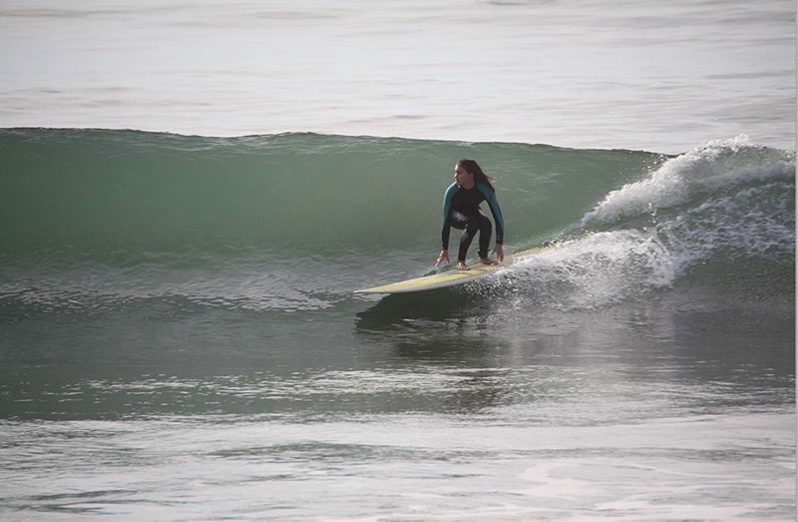
A new study paints a glaring divide between what parents want their kids to learn in school and what’s actually being taught. According to a new poll conducted by NPR and Ipsos, more than 80 percent of parents are in favor of teaching of climate change in school.
Hands Across the Sand, May 18th, 2019: “Say NO to dirty fuels and YES to clean energy”

Join Hands around the globe in silent solidarity to say NO to fossil fuels and YES to clean energy.
It was 84 degrees near the Arctic Ocean this weekend as CO2 hit its highest level in human history
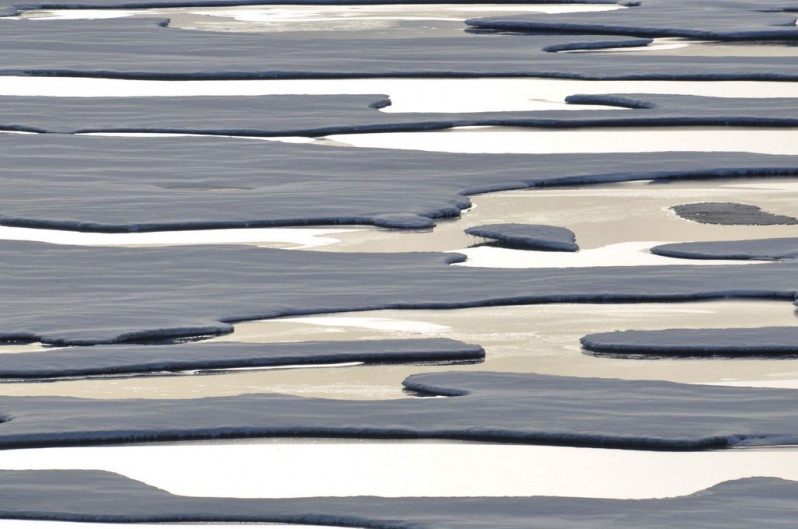
It was 84 degrees near the Arctic Ocean this weekend as carbon dioxide hit its highest level in human history.
Strong winds are supersizing the ocean’s biggest waves
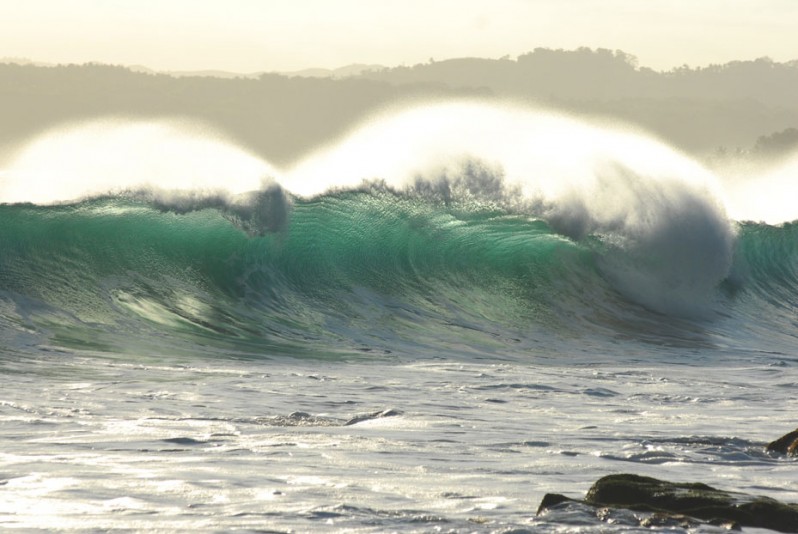
Strong winds are driving the ocean’s biggest waves to dizzying new heights. The University of Melbourne researchers behind the work, published April 25 in the journal Science, say the supersized waves could compound the effects of rising sea levels, leading to more frequent flooding and accelerated coastal erosion.
